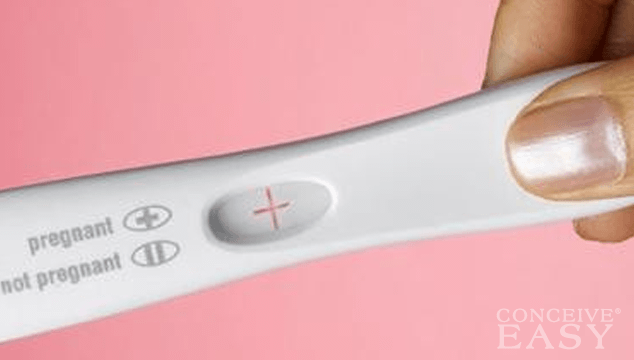Human Chorionic Gonadotropin, also known as hCG, is what is often referred to as “the pregnancy hormone”. It is the hormone that is made by the cells that form the placenta. Claim Your 20 Free Pregnancy Tests – Click Here

hCG is first detected as early as eleven days after conception with a blood test. If you are taking a urine pregnancy test, hCG levels can be detected as early as twelve to fourteen days after conception. Around every 72 hours or so, hCG levels in a pregnant woman should double.
hCG levels peak at around eight to twelve weeks, and after that they will start to level off for the rest of a pregnancy. Many women are concerned about their hCG levels since it is the factor that pregnancy tests use to determine whether or not you are pregnant. hCG levels are important, since they determine whether or not you are pregnant, but not so important that you should be spending your pregnancy obsessing and worrying over them.

Doctors urge pregnant women to use caution when studying their hCG levels, and not to put too much emphasis on hCG levels. Every woman will have different hCG levels, and all women’s hCG levels rise at different rates. The basis that doctors use for hCG levels and pregnancy is that less than 5mlU/ml is considered “not pregnant”.
If a woman’s hCG level is above 25 mlU/ml, that is considered a positive level for pregnancy. When a woman is around 3 weeks pregnant, her hCG levels can be anywhere from 5-50mlU/ml. Remember that especially in early pregnancy, the hCG levels will double every 72 hours, or somewhere around that. As a pregnancy progresses and the hCG levels in the body get higher, it can take longer for the hCG levels to multiply, sometimes as much as 96 hours.

Every woman’s hCG levels will increase at their own rate, and can vary greatly among women. Doctors usually do not do much monitoring of hCG levels unless your pregnancy is experiencing a problem like bleeding or pain. Once the hCG levels reach 1000-2000 mlU/ml, a vaginal ultrasound should be able to show at least an indication of the gestational sac inside a woman’s body.
If a woman’s hCG levels stop increasing, it can be an indication of a problem with the pregnancy such as possible miscarriage or ectopic pregnancy. If a woman’s hCG levels are extremely high, it can indicate a multiple pregnancy also. If you are wondering if there are any other outside factors that could affect a woman’s level of hCG, the answer is no.
There are not any other medications, such as antibiotics, pain relievers, herbal supplements, etc… That can manipulate hCG levels, nor will they affect the results of a test that measures or detects hCG. If you have any questions about your hCG levels during pregnancy, make sure to speak with your doctor or health care provider to address your concerns.










Comments